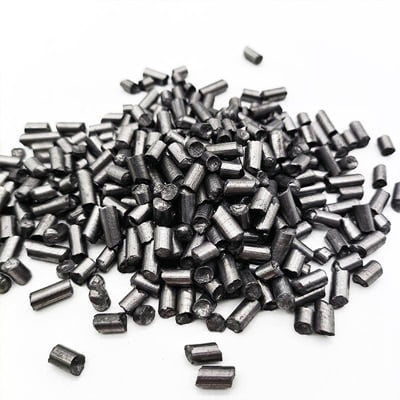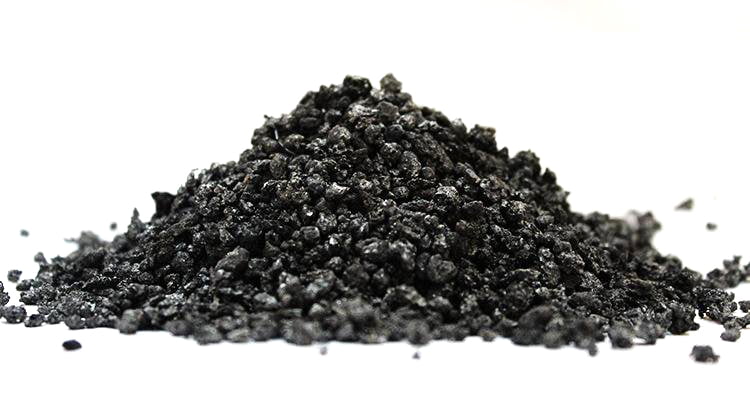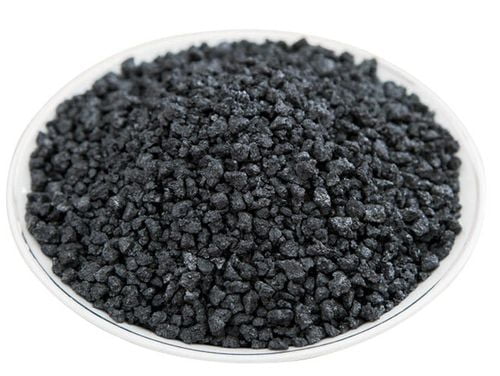NEWS
The Unique Physical Structure and Advantages of Sponge Coke in Steelmaking
Sponge coke is a type of petroleum coke that has a unique physical structure that makes it an excellent choice for use as a carbon raiser in steelmaking and other industrial applications. Its high porosity and surface area allow for greater absorption rates than other types of carbon raisers, which can lead to reduced processing times and increased productivity in steelmaking operations.
Sponge coke is produced through a process known as delayed coking. During this process, heavy residual oil feedstocks are heated to high temperatures in the presence of a catalyst. This breaks down the heavy oil into lighter products, including petroleum coke. What makes sponge coke different from other types of petroleum coke is its unique physical structure. Sponge coke has a porous, sponge-like structure that is formed during the delayed coking process. This structure allows for greater surface area and pore volume compared to other types of petroleum coke.
One of the advantages of sponge coke is its high absorption rate, which is due to its porous structure. The pores in the sponge coke provide a large surface area for contact with the molten steel, allowing for faster and more efficient absorption of carbon into the steel. This can lead to reduced processing times and increased productivity in steelmaking operations.
Another advantage of sponge coke is its lower sulfur content compared to other types of petroleum coke. This can be important in certain applications where low sulfur content is required to meet product specifications or regulatory requirements.
Compared to other types of carbon raisers, such as metallurgical coke or anthracite coal, sponge coke has several advantages. For example, sponge coke has a higher purity level than metallurgical coke, which can lead to improved product quality. Additionally, sponge coke has a lower ash content than anthracite coal, which can reduce slag formation and improve steel cleanliness.
Sponge coke is used as a raw material in the production of carbon products such as electrodes, anodes, and carbon black. Its high porosity and surface area make it ideal for these applications because it can absorb and retain other materials such as binders and metals. Additionally, sponge coke’s unique structure can contribute to improved performance and longer service life in certain applications.
The growing importance of sponge coke in the global carbon market can be attributed to several factors. One factor is the increasing demand for higher quality steel products that require low sulfur content and improved cleanliness. Another factor is the growing use of sponge coke in other industrial applications such as the production of batteries and fuel cells.
In conclusion, sponge coke’s unique physical structure and high absorption rate make it an excellent choice for use as a carbon raiser in steelmaking and other industrial applications. Its advantages compared to other types of carbon raisers include its high purity, low sulfur content, and low ash content. As the demand for higher quality steel products and other industrial applications continues to grow, the importance of sponge coke in the global carbon market is likely to increase.
You May Like to Learn More...
Contact Us

JBT produces and supplies silicon metal and ferrosilicon products, mainly products are silicon metal 553, 441, 421, 411 3303,2202, 97, silicon carbide, carbon raiser for steelmaking and casting industries. We also make electrolytic manganese metal, inoculants and nodulizers.
Get in Touch
- info@jbtmetals.com
- +86-372-5032025
- +86-15937282819
- Send Inquiry
- Online Chat
- Qugou Town, Anyang City, Henan Province of China



